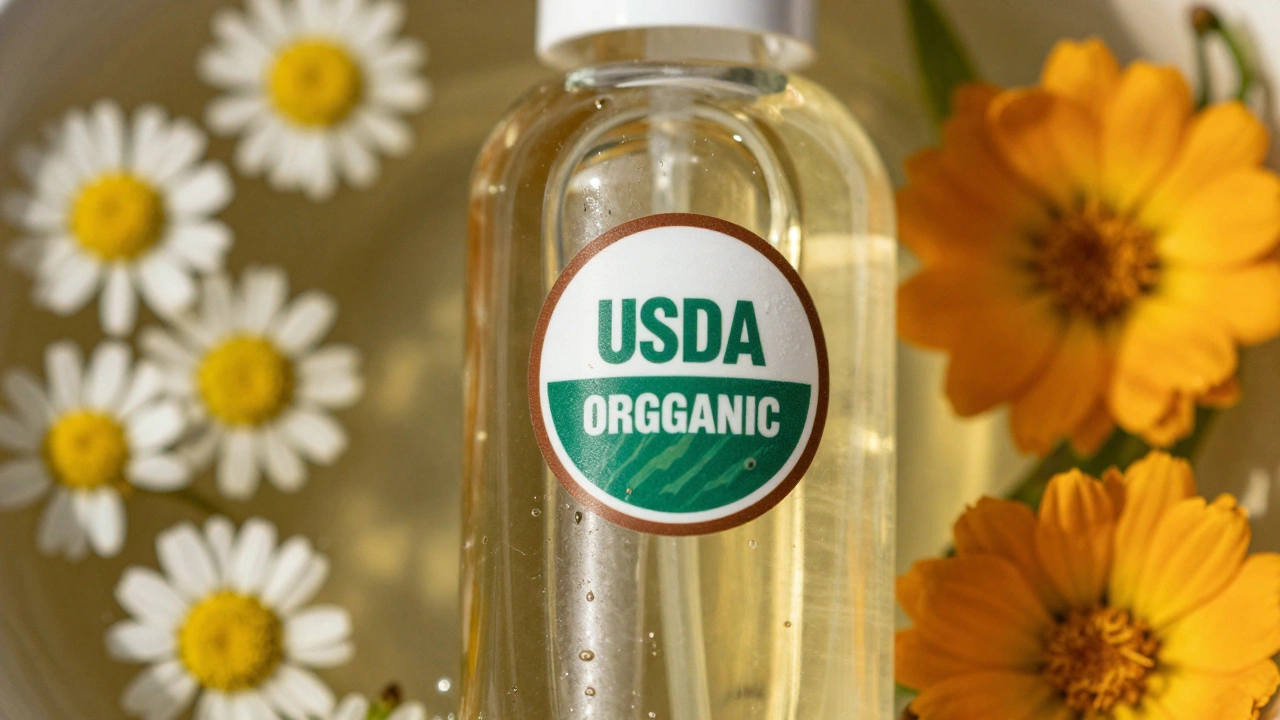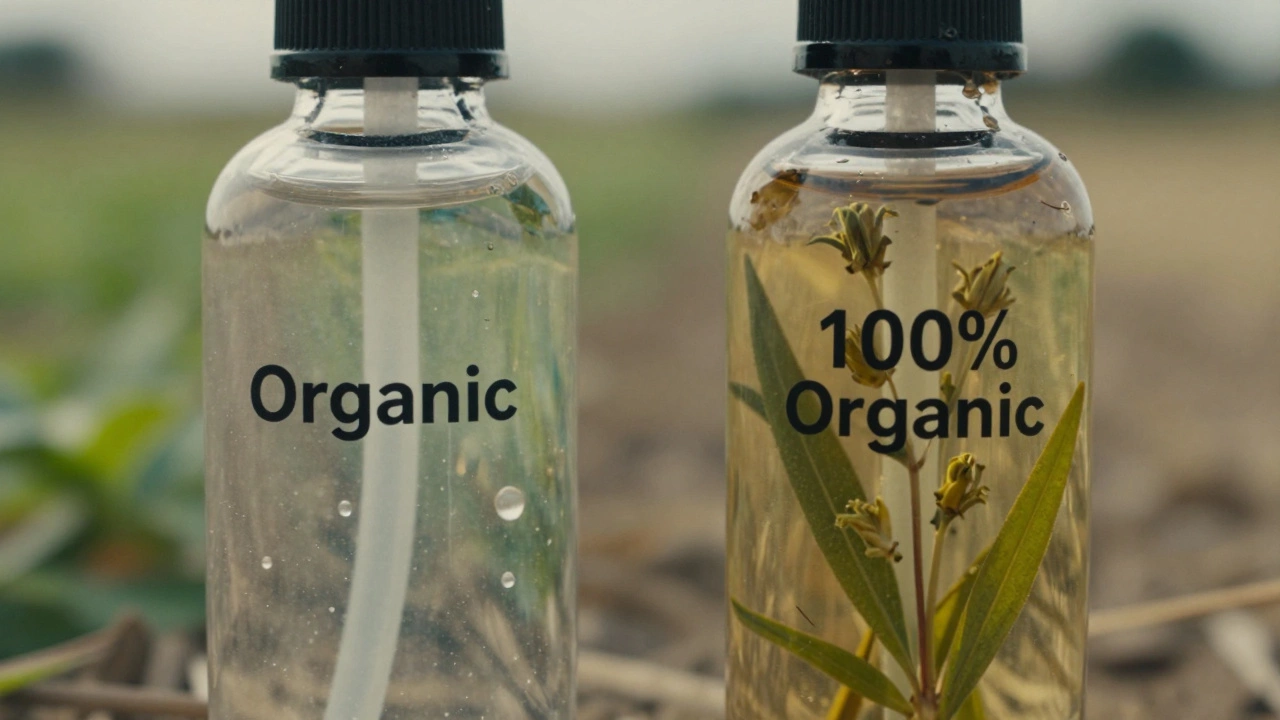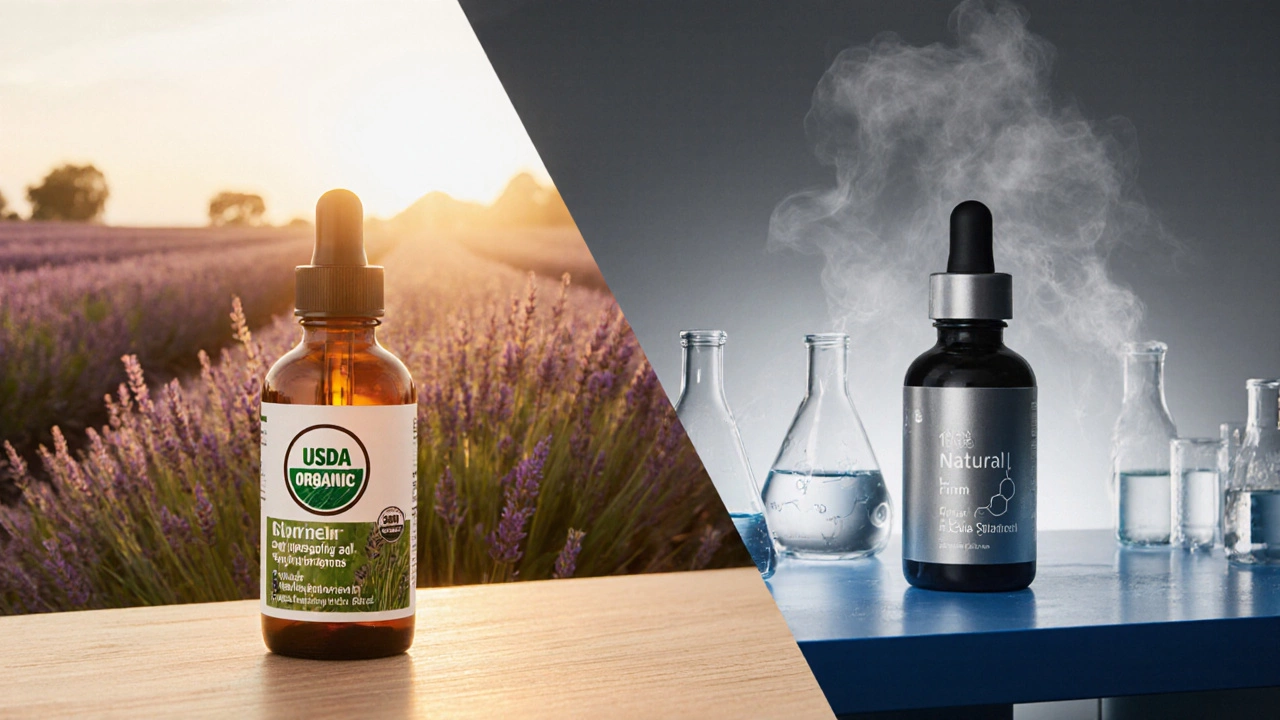Organic Certification in Beauty – Everything You Need to Know
When navigating the world of beauty products, organic certification, a verified system that confirms a product meets defined organic standards. Also known as organic label, it guarantees that ingredients are grown without synthetic pesticides and that processing respects strict ecological guidelines. This matters because it separates truly natural formulas from marketing hype. Organic skincare, skin‑care lines that carry an organic certificate often rely on plant‑derived actives, while cruelty‑free certification, a label confirming no animal testing addresses ethical concerns. Together these certifications shape the way professionals and consumers choose products.
Organic certification requires compliance with strict farming standards, meaning growers must document soil health, seed origins, and pesticide avoidance. Certification bodies, organizations like COSMOS, USDA Organic, and Ecocert that set the rules audit each step, from seed to shelf. That audit creates a clear link: certification bodies define the criteria for organic labeling. The result is a product label you can trust, which in turn influences consumer confidence and often justifies a premium price.
Key Elements of Organic Certification
First, ingredient sourcing matters. Only ingredients grown on certified organic farms count; synthetic additives, GMOs, or contaminated soil disqualify a formula. Second, processing methods must avoid artificial preservatives and harmful solvents. Third, packaging must be recyclable or biodegradable, a detail that aligns with the broader sustainability standards, guidelines that promote environmental responsibility adopted by many brands. Finally, documentation is essential: batch records, test results, and supply‑chain traceability all become part of the audit trail. Brands that master these steps can proudly display the organic badge, and beauty professionals can use the badge to differentiate services—something we cover in our course on product knowledge.
Understanding how organic certification fits with other labels clears up common confusion. Medical‑grade skincare, products formulated under clinical regulations and often prescribed by dermatologists focuses on efficacy and safety, sometimes using synthetic actives that don’t meet organic criteria. Meanwhile, cruelty‑free, a claim about animal testing, not ingredient origin can coexist with both organic and medical‑grade products. Recognizing these distinctions helps you advise clients accurately, whether they’re looking for gentle, plant‑based routines or clinically proven results.
Our collection below dives deeper into each angle: from the science behind organic ingredients and the regulatory landscape, to real‑world comparisons with medical‑grade formulas and cruelty‑free ethics. You’ll find step‑by‑step guides, myth‑busting articles, and practical tips you can apply in a salon or classroom setting. Ready to see how organic certification shapes the beauty industry today? Keep reading to explore the full range of insights we’ve curated for you.
How to Know if a Skincare Product Is Organic: A Simple Guide for Real Results
Learn how to spot real organic skincare from fake claims. Know which certifications matter, what ingredients to avoid, and how to verify if your products are truly organic.
What Is the Difference Between Organic and 100% Organic Skincare?
Understand the real difference between organic and 100% organic skincare. Learn what certifications mean, why it matters for your skin, and how to spot genuine products vs. greenwashing.
Is Organic Skincare Really 100% Natural?
Find out what 'organic' really means for skincare, how it differs from 'natural', and how to read labels to spot true organic products.



